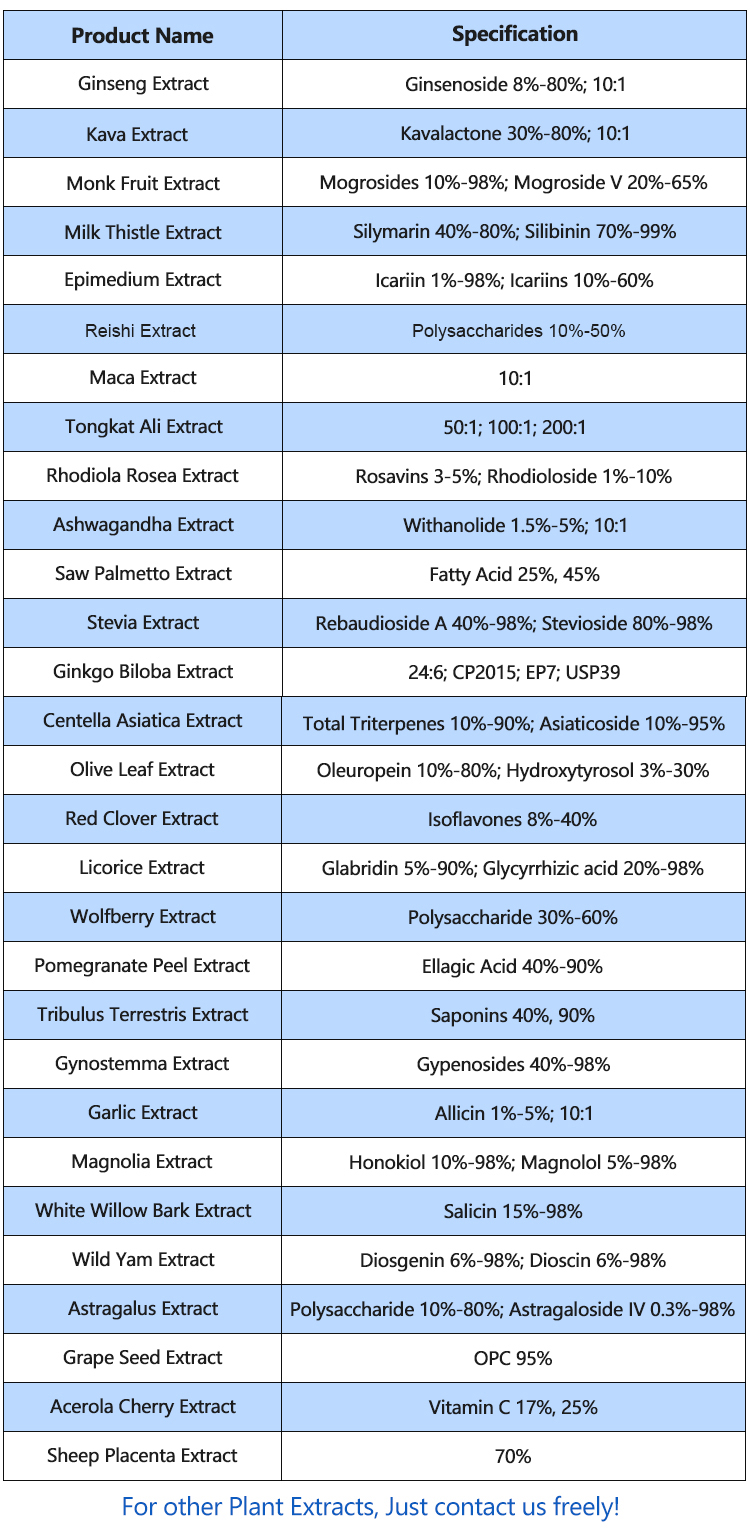Berberine HCl is a natural compound derived from various plants, including the roots of the barberry (Berberis vulgaris) plant. It has been used in traditional medicine for centuries, particularly in Ayurvedic and Chinese medicine. Berberine has gained significant attention in modern research due to its potential health benefits. Some of the effects it may play include:
1.Regulation of Blood Sugar: Berberine has been extensively studied for its ability to lower blood sugar levels. It appears to work by improving insulin sensitivity, increasing glucose uptake in cells, and reducing the production of glucose in the liver. As a result, it may be beneficial for people with type 2 diabetes or insulin resistance.
2.Improvement of Lipid Profile: Berberine has been shown to reduce total cholesterol, low-density lipoprotein (LDL) cholesterol, and triglyceride levels. It may also raise high-density lipoprotein (HDL) cholesterol, which is considered beneficial for heart health.
3.Weight Management: Some studies suggest that berberine may aid in weight loss and management. It may help reduce fat accumulation and inhibit the growth of fat cells. Additionally, its impact on blood sugar and insulin levels may contribute to weight loss.
4.Anti-Inflammatory Properties: Berberine exhibits anti-inflammatory effects, which may help in various inflammatory conditions and contribute to overall health.
5.Antimicrobial Activity: Berberine has potent antimicrobial properties and has been used to combat various infections, including bacterial, fungal, and parasitic infections.
6.Cardiovascular Support: Berberine may support cardiovascular health by improving blood pressure, reducing arterial plaque buildup, and enhancing heart function.
7.Gut Health: Berberine may help improve gut health by promoting a balanced gut microbiome and reducing harmful bacteria.

8.Neuroprotective Effects: Some research suggests that berberine may have neuroprotective properties and could be beneficial for conditions involving cognitive decline.
9.Anti-Cancer Potential: While more research is needed, some studies have indicated that berberine may have anti-cancer properties and could potentially inhibit the growth of certain cancer cells.
It’s important to note that while berberine shows promise in various areas, more research is needed to fully understand its potential benefits and long-term effects. Additionally, like any supplement or medication, berberine may interact with other medications or have side effects, so it’s essential to consult with a healthcare professional before using it, especially if you have any pre-existing health conditions or are taking other medications.
Chemical structure and physical properties of Berberine HCL
Berberine HCl (Hydrochloride) is an isoquinoline alkaloid compound derived from various plants, including the Berberis genus, Coptis chinensis, and others. It has been used in traditional medicine for centuries and has gained attention in modern research for its potential health benefits. Here’s the chemical structure and some physical properties of Berberine HCl:

Chemical structure:
Berberine HCl has the molecular formula C20H18NO4+Cl-, indicating it contains 20 carbon atoms, 18 hydrogen atoms, one nitrogen atom, four oxygen atoms, and one chloride ion.
Physical properties:
1.Molecular weight: The molecular weight of Berberine HCl is around 389.83 g/mol.
2.Appearance: Berberine HCl typically occurs as yellow crystalline powder or yellow needle-like crystals.
3.Solubility: Berberine HCl is sparingly soluble in water but dissolves more readily in acidic solutions due to the presence of the chloride ion.
4.Melting point: The melting point of Berberine HCl is approximately 204-210°C (399-410°F).
5.Stability: Berberine HCl is relatively stable under normal conditions. However, it may degrade when exposed to light, heat, or oxidizing agents.
6.PH: In aqueous solutions, Berberine HCl will act as a weak base and slightly increase the pH.
Please note that while Berberine HCl has demonstrated various potential health benefits in research, including its role in managing blood sugar levels and supporting cardiovascular health, it is essential to consult with a healthcare professional before using it as a supplement or in any form of treatment, especially if you have any pre-existing medical conditions or are taking medications.
